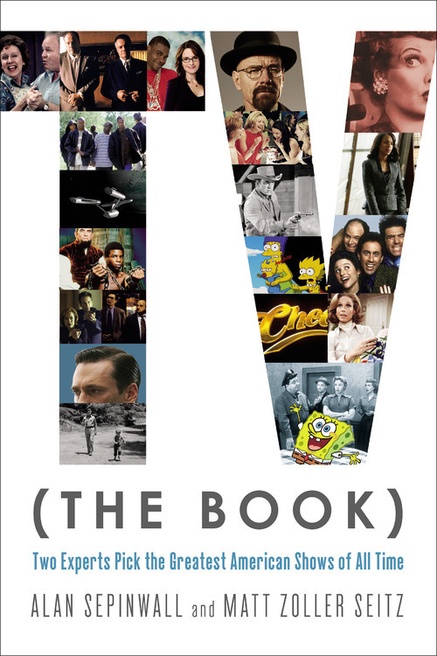
Obviously, the answer both critics gave was a resounding no. Criticism of any kind of media– books, television, film, music, or comics– will never be objective. An A on the AV Club or a 5/5 rating on Comic Book Resources doesn’t mean a work is perfect. It just means one person really really really liked something. I think a lot of people miss that when they interact with articles that criticize something that they liked. They take it as a personal attack on their taste, or worse– their moral character.
There’s been a lot of negativity in comics journalism recently. Several sites including one my favorites, Panels.net, have decided to shut down or fold into larger multimedia enterprises. People have attacked the CBR.com reskin for a wide variety of reasons; some of them are reasonable while others are unfounded. On a baseline functional level, ignoring all the kerfuffle about sideblogs like Robot 6 getting folded into the main site, the site feels much better to use now than it used to. I feel like love for the old, cluttered design is most likely a byproduct of being used to it for over a decade. I did not find it user friendly at all. Most importantly, journalists have taken staunchly held opinions about whether or not the Direct Market needs to die. Consuming all of this criticism on a daily basis has started to make me feel like I’m drowning.
There’s a notion that happier people are often better at self-deception. Or that ignorance is bliss. In some ways I’ve come to find that that’s true. Am I advocating that people stop looking at the wide variety of problems comics has as both an industry and a culture? No way. The people that advocate for fair representation, fair wages, and fair contracts are the most important people working in and around comics today. Their efforts should be lauded rather than lambasted. They should be boosted. Not ignored. However, we all need a vacation sometimes. That’s why I decided to take this week to lift my head above the surface of the pool that is comics and see what else is going on in the world of culture.
For example, in the world of music, I’ve filled my week with Grimes. The Canadian singer/producer is one of the most vibrant and soulful people creating music today. She’s unafraid to speak her mind and constantly evolving. When she created the music video for “California,” a song off her newest album Art Angels, she found that the album version of the track inspired no visuals in her mind so she changed the entire mix for the video. The end result is a new version of the song that feels airier and more evocative than the straight bubblegum pop version of the track that proceeded it. In the vein of Kanye West changing tracks off of The Life of Pablo after its release, the evolution of “California” is reminder of the malleability of art in the digital age.
And then there’s “Kill v. Maim,” my personal favorite Grimes track. Recently, she broke the song down on the Song Exploder podcast and opened a whole other side of music to me. I’m very much a formalist (Watchmen isn’t my favorite comic, but it’s what I think the ideal comic should look like) and love nothing more than breaking a masterpiece down into parts and then building it back up again. Listening to “Kill v. Maim” get dissected down to its singular kick drums, guitar riffs, and cheerleader choruses reminded me of how much time and effort goes into creating a piece of content most people finish consuming in five minutes or less. A song is kind of like a single issue in that regard.
Also, you’ve gotta love this Mad Max/Blade Runner/Law and Order/Dark Knight pastiche video for “Kill v. Maim.”
In terms of television, outside of attending the aforementioned TV (The Book) talk, I’ve been rewatching Bojack Horseman. One of the first Netflix originals to follow House of Cards, Bojack Horseman was initially an awful show. Not unwatchable, but not at all insightful or exciting. The first six episodes are full of broad social critique that never quite hits the mark its aiming for and the characters feel like parodies of themselves. Todd Chavez in particular comes across as a two dimensional layabout stoner with not a hint of the zany yet soulful millennial searching for a purpose that he will ultimately become. Then, sometime during episode six when the “D” from the HOLLYWOOD sign is stolen and the town becomes “HOLLYWOO,” something magical happens. The content gets more scathing. The jokes pack a greater punch. The characters take on more depth and by the time Bojack goes on a failed quest to seek forgiveness from a friend he scorned in episode eight you realize that this show has something really special to say about fame culture, depression, and life in a culture where people crave connection yet constantly fail to hold onto it, distracted as we are by the endless possibilities of sites like Facebook and apps like Tinder.

Recently, season three of Bojack Horseman dropped and it is definitively the high watermark of the series thus far. Episode four of the season, “Fish Out of Water,” was heralded by the AV Club as “one of the best episodes of television in 2016” and I’m inclined to agree. The episode strips Bojack Horseman of one of it’s strongest tools– its quippy, lightning-paced dialogue. However, while the lack of vocals is initially dispiriting and jarring, it allows the rest of the amazing production elements to shine through. The score for the episode is ingeniously emotive and synced with the action on screen. Producer and production designer Lisa Hanawalt fills every episode of the show with weird background jokes that keep viewers coming back to the show for second and third viewings, but this episode allows her zany designs for the underwater city and its denizens to come to the forefront of the show. She’s the unsung hero of the show and, proving that the world is small, recently published a comic called Hot Dog Taste Test through Drawn & Quarterly.
Of course, me being me, even when I want to totally avoid comics, I can’t just ignore them. I read Tom King’s and Barnaby Bagenda’s Omega Men over the weekend and my god. I don’t think I’ve ever felt as thoroughly ruined by a comic as I did at the end of the final issue of this series. While I did purchase Omega Men in single issues and advocated for it while it was on the brink of cancellation, I frankly found it too dense to consume on a monthly basis. I could never remember what was up or down in the universe from month to month and ultimately ended up totally lost. If you felt the same way, know this: Omega Men is a book meant to be binged. In this way, you can develop a swift and deep bond with the complex characters King and Bagenda have created before they rip your heart out, panel by panel.
And the craft– oh the craft. Every page layout in Omega Men is mirrored across the title. The last page of the series mirrors the first. The second page mirrors the penultimate one. So on and so forth. The very idea of meticulously crafting the story and art to fit this structural limitation is mind-boggling to me. The fact that King and Bagenda completed the task without sacrificing the emotional integrity of the story leaves me without words.
Also, can we talk about the covers? Most comics on the shelves tend to see cover design elements as an afterthought. The cover art is composed in concert with itself with minimal attention paid to where the company logo or even the title will go. Many Big Two cover illustrations don’t even compliment the style of their title logo. Not so with Omega Men. Cover designer Trevor Hutchison worked each of Omega Men‘s twelve covers around the idea that these covers would serve as defaced travel ads for the various planets visited in the story and wanted posters for our vagrant heroes. The title’s graffiti style allowed it to fit right in with the various other design elements around it. For example, in the cover to issue four, pictured below, the title looks like an extension of the blood splatters on the poster advertising the planet Ogyptu. The cover looks nothing like the content inside, but is evocative of the story’s tone and catches the reader’s eye through its uniqueness and its consistency across issues. They adopt more artistic elements from outside of comics rather than from within them and are ultimately stronger for it.
Omega Men is not only a great story; it is a meaningful one as well. As an allegory about the international conflict in the Middle East, it reminds us there are no “good guys” and no “bad guys” as the media might want us to believe– as most superhero stories, in fact, want us to believe. There are only conflicting interests. We’re all the heroes of our own stories.
Ultimately, I think comics has a dangerous tendency to reflect upon itself rather than upon the world. If we really want comics to proliferate to the culture at large, we need to be in dialogue with it and build bridges to rather than walls upon our homely little island. We need more comic books like Omega Men that have something to say about the world around us. We need more stories that aren’t afraid to plumb the depths of the human psyche with the nuance and playfulness Bojack Horseman does. We need more reckless creativity in our comics a la Grimes.
Breathe in. Breathe deep. Look around. Big ideas come from outside ourselves rather than from within.


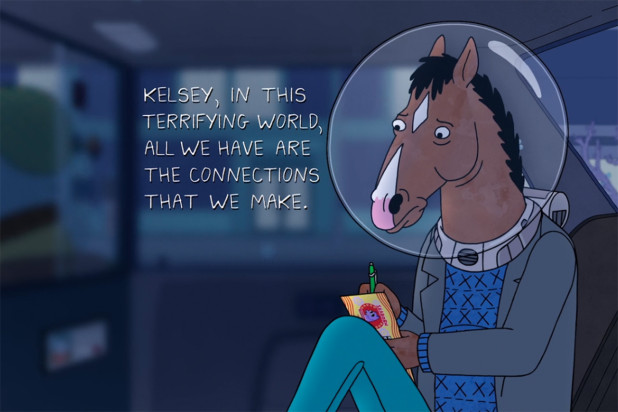
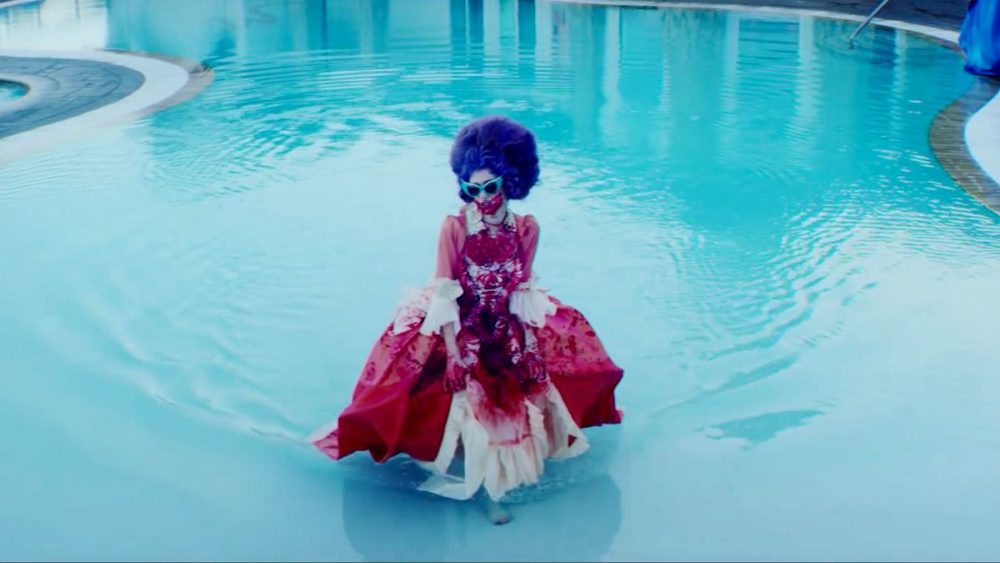
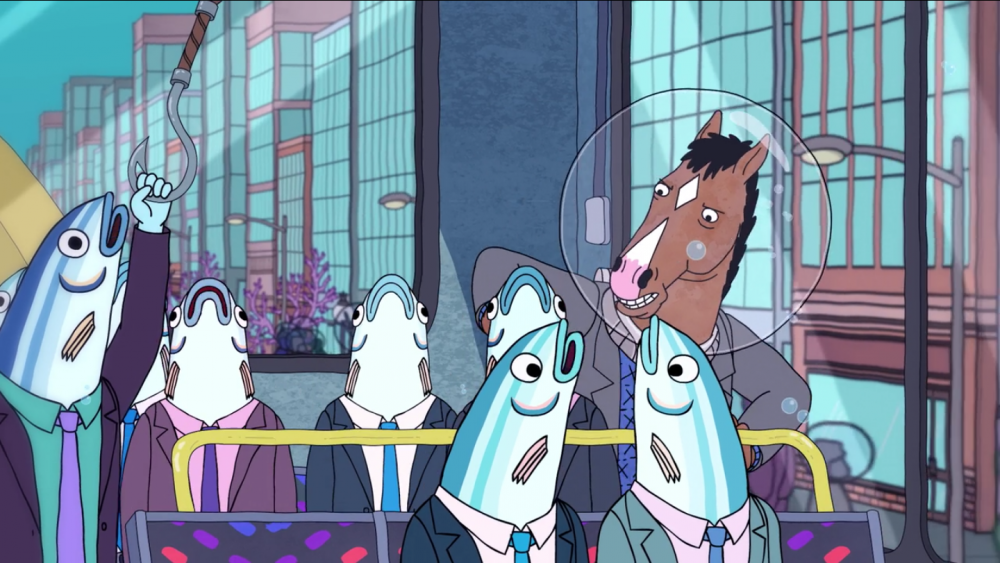
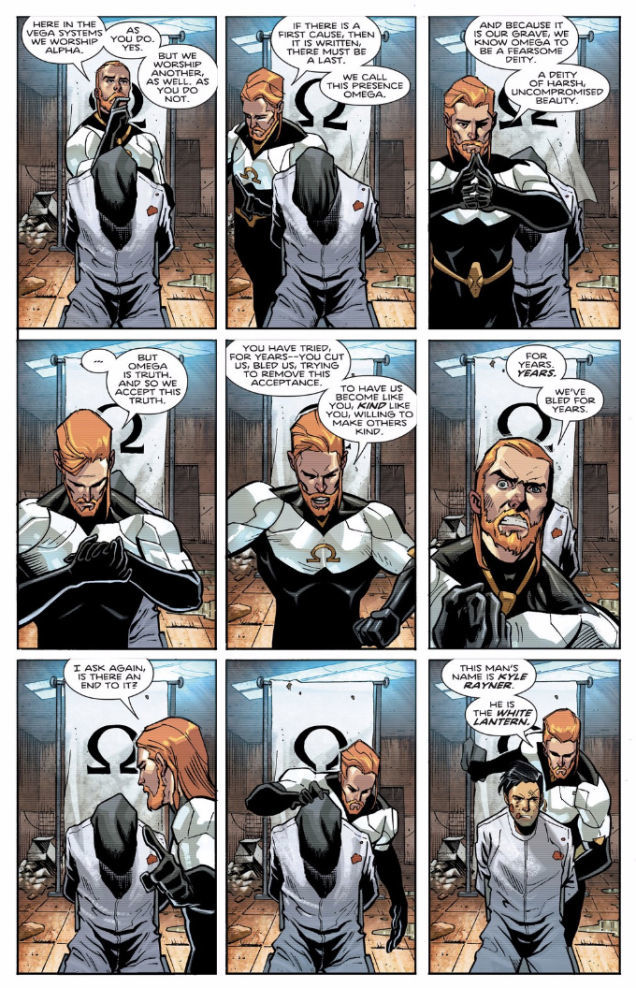
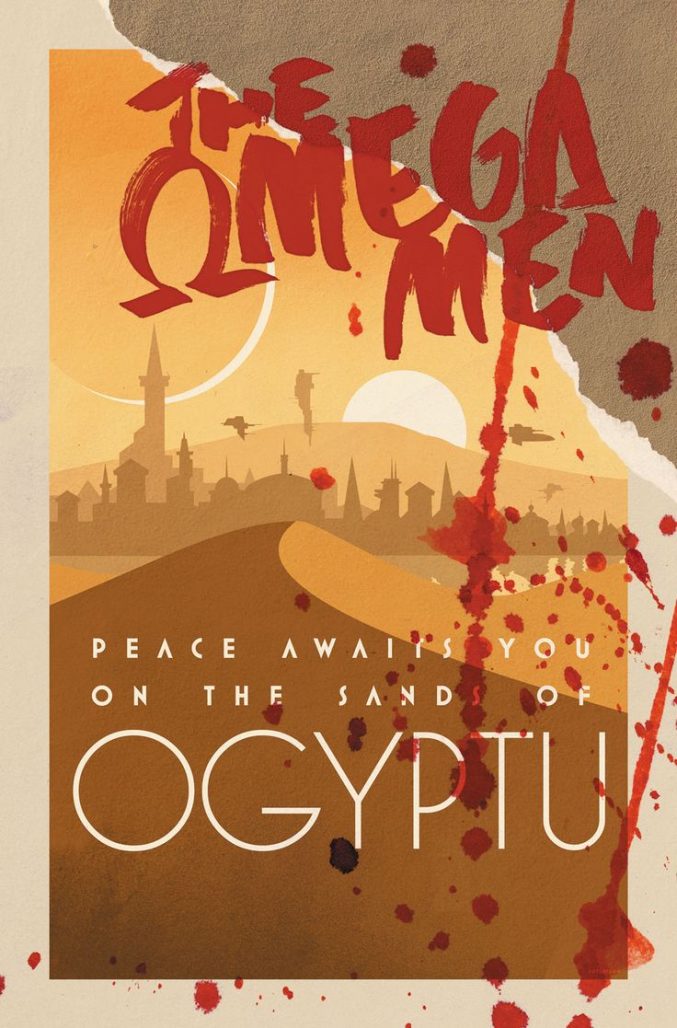
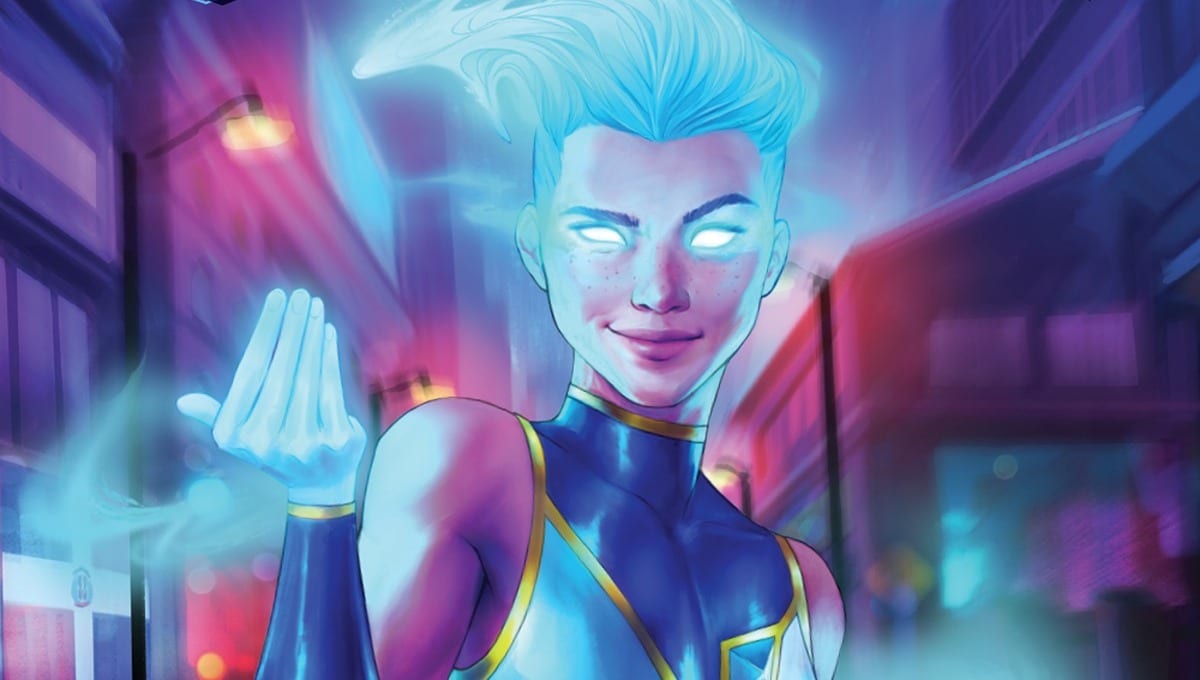
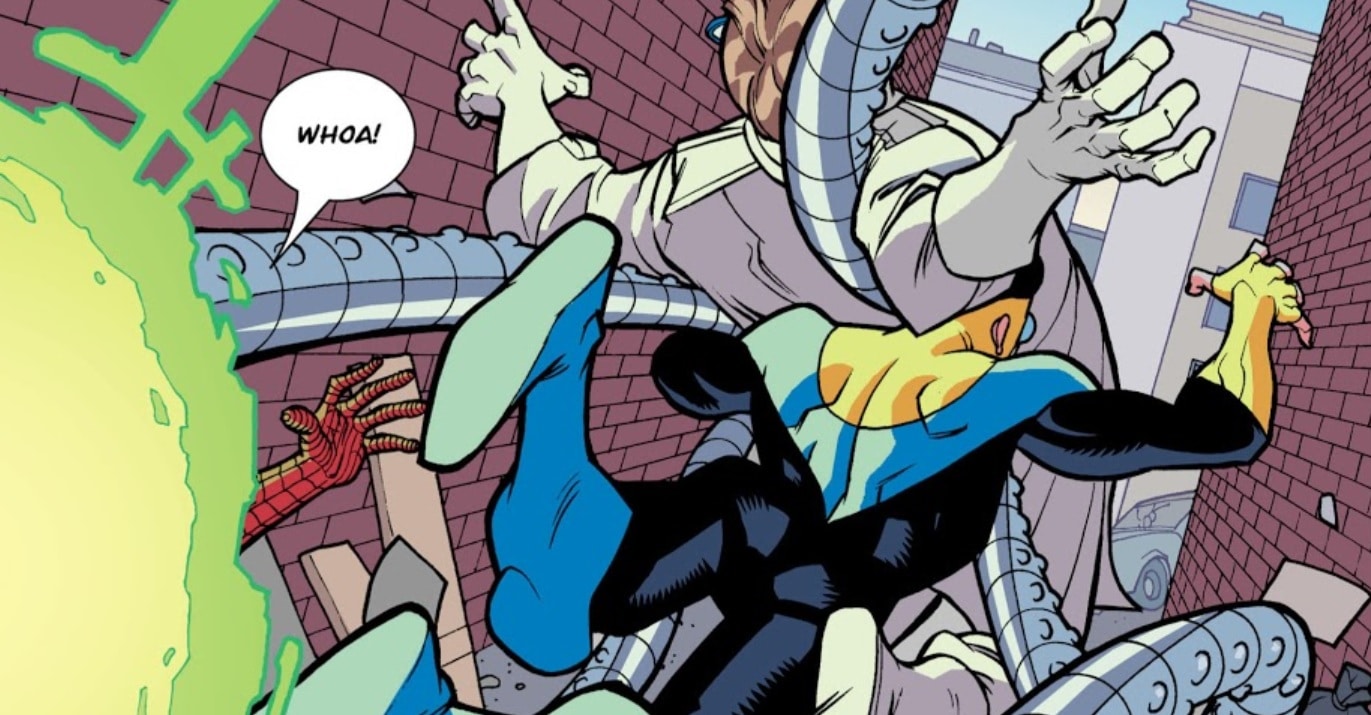
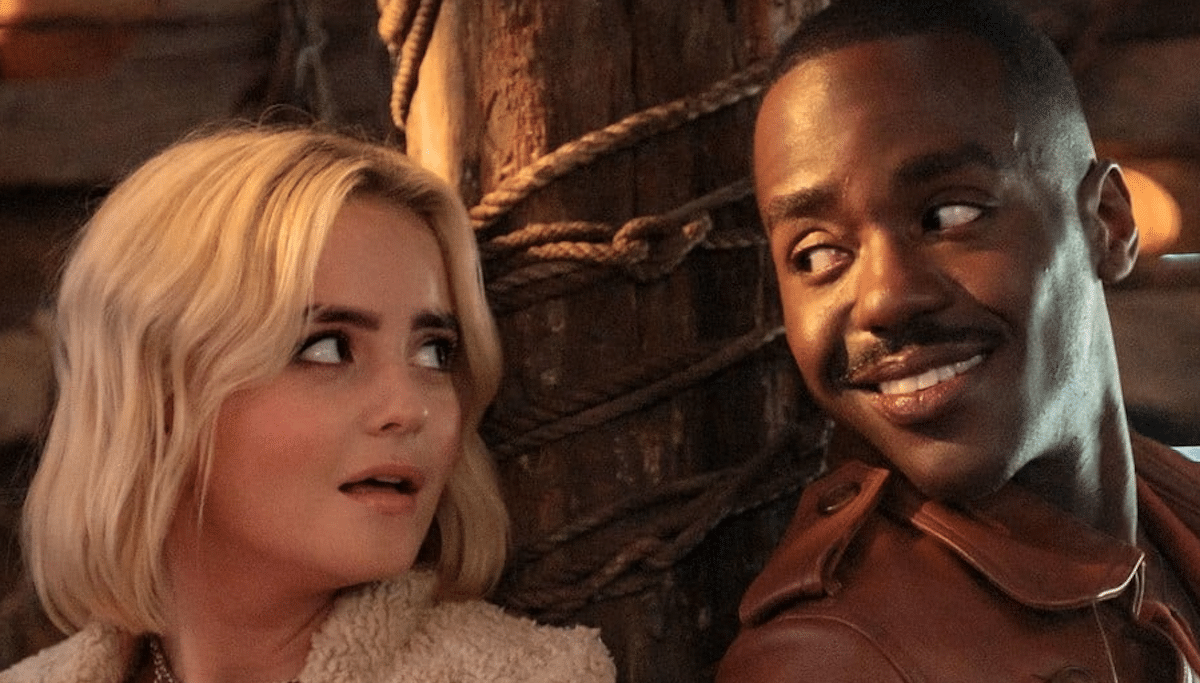
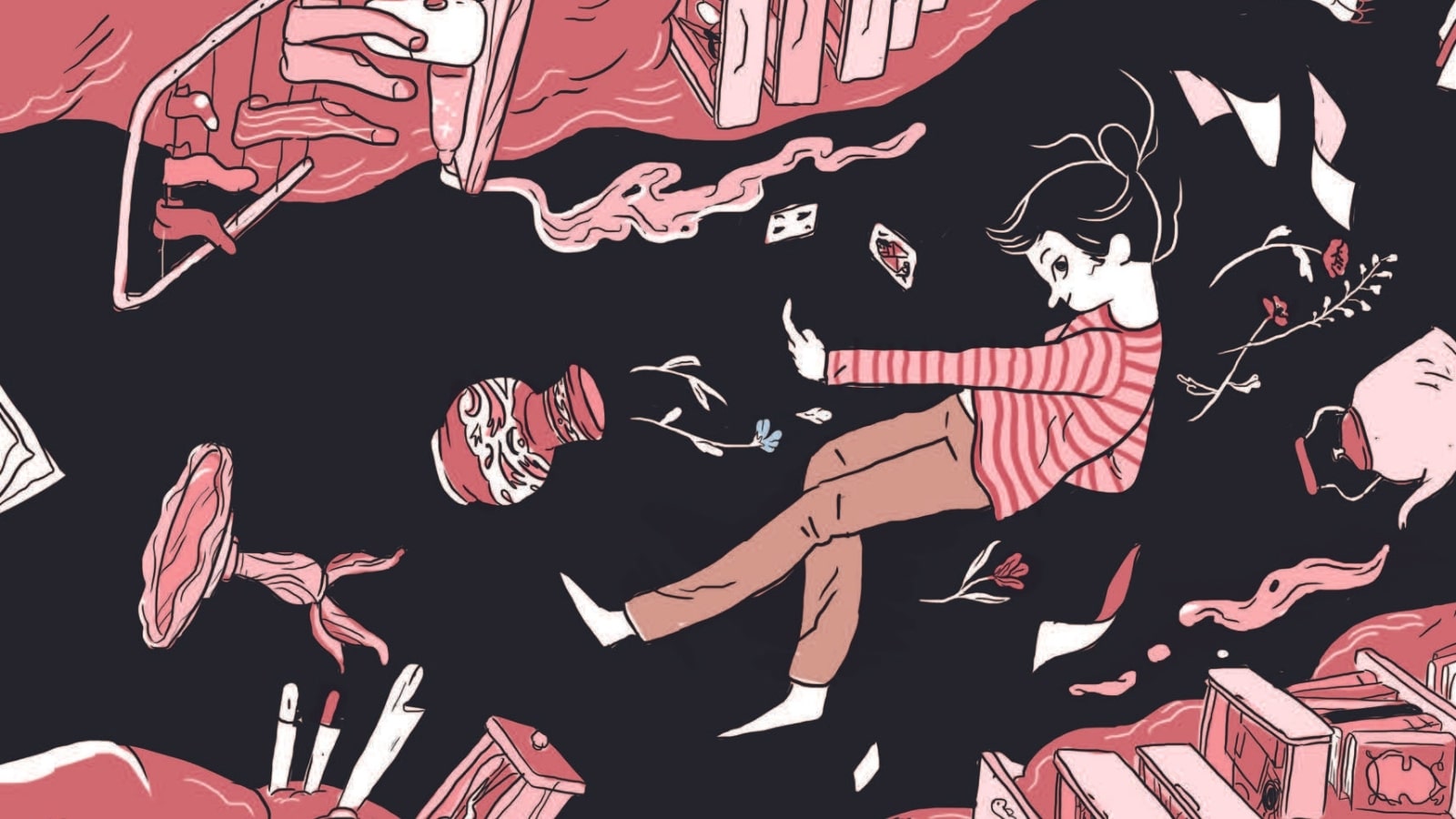

It sounds like you can’t fix anything and this article is you intellectualizing why you are walking away.
“Most comics on the shelves tend to see cover design elements as an afterthought. ” That is technically true but that is because most comics on the shelves are from Marvel and DC and brand, not craft, is why readers pick buy the majority of comics from Marvel and DC. Marvel was able to get away with that awful condensed and tiny typeface for the lettering of many of their comics. It was difficult to to read.
“Ultimately, I think comics has a dangerous tendency to reflect upon itself rather than upon the world. If we really want comics to proliferate to the culture at large, we need to be in dialogue with it and build bridges to rather than walls upon our homely little island. ” Is this a joke? There are very few instances where comics didn’t reflect the current times in it. Topical topics have a dangerous tendency to alienate some readers, especially if political content is suddenly introduced into something where politics were not prevalent from the get-go. I don’t think it’s a good idea to bring more politics into comics, because it will mean more propaganda in comics, and it will mean the importation of the current climate of political polarization into comics.
The dialogue that arose recent Ghostbusters movie brought out the worst in everyone, and brought American political polarization front and center. It was ugly and unproductive.. People were shouting at each other and no one was listening.
*Marvel was able to get away with that awful condensed and tiny typeface for the lettering of many of their comics in the early 2000s. It was difficult to to read and I think the only reason they approved of it is because they didn’t think readers would notice.
I
Comments are closed.